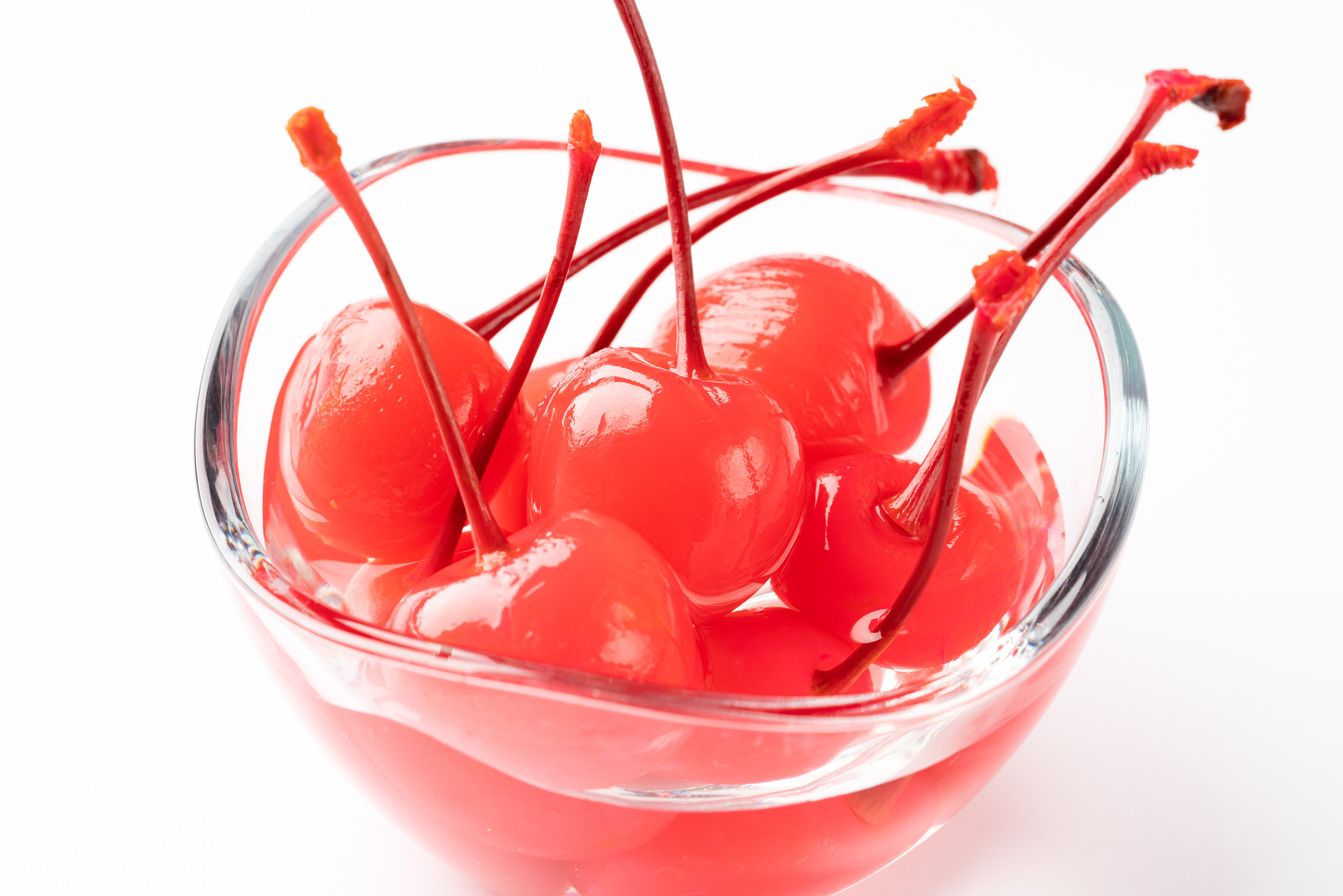We’ve written about graphene before and for good reason: it is extremely strong, ultra-thin, and has an excellent electrical and thermal conductivity that opens up all kinds of possibilities. The only problem is that producing it is resource-intensive and expensive. But that’s all set to change after researchers made a key discovery within the bark of Australian eucalyptus trees.
One of the more promising means of producing graphene sheets on a meaningful scale involves the chemical reduction of graphene oxide, which is graphite treated to separate into single or a few layers. But the agents used for this chemical reduction are often toxic, presenting a threat to people and the environment. By using compounds found in the bark of eucalyptus trees, producing graphene can be safer, cheaper, and more sustainable than through conventional methods. In fact, this natural approach to producing graphene could bring the cost of making graphene from around $100 per gram to just 50 cents, possibly “enabling the development of an array of vital new technologies” such as ultra-efficient solar panels.












